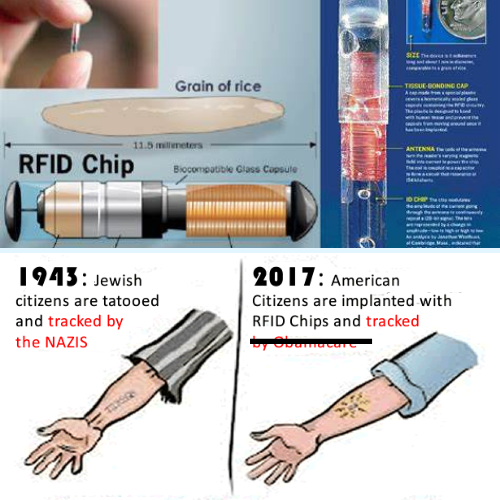It’s troubling that the very ‘Fusion Centers' that were designed to share information in a post-9/11 world, have become part of the problem. Instead of strengthening our counterterrorism efforts, they have too often wasted money and stepped on Americans’ civil liberties.
Fusion Centers have not produced useful intelligence to support federal counterterrorism efforts. Instead, so-called “intelligence” shared between facilities consisted of tidbits of shoddy quality that was often outdated and “sometimes endangering citizen‘s civil liberties and Privacy Act protections. More often than not, the information collected and shared at DHS Fusion Centers was unrelated to terrorism.
Missouri Information Analysis Center (MIAC) Report
Missouri Information Analysis Center (MIAC) made news in 2009 for targeting supporters of third-party candidates, Ron Paul supporters, pro-life activists, and conspiracy theorists as potential militia members. Anti-war activists and Islamic lobby groups were targeted in Texas, drawing criticism from the ACLU.
U.S. Senates on Homeland Security Report
Despite reviewing 13 months' worth of reporting originating from fusion centers from April 1, 2009 to April 30, 2010, the Subcommittee investigation could identify no reporting which uncovered a terrorist threat, nor could it identify a contribution such fusion center reporting made to disrupt an active terrorist plot.
An example of useless intelligence highlighted by the committee was a report on a foreigner with an expired visa who had been caught speeding and shoplifting; his name was promptly added to the list of known or appropriately suspected
terrorists. A reviewer of that report intimated: I am actually stunned this report got as far as it did,
because the entire total knowledge about the subject
was that he tried to steal a pair of shoes from Neiman Marcus
with everything else in the report being commentary. The reviewer concluded: I have no idea what value this would be adding to the [Intelligence Community (IC)].
Yet another example was a California fusion center report on the Mongols Motorcycle Club's distribution of leaflets to its members instructing them how to behave when stopped by police. According to the Senate report, the leaflet suggested to the Club members that they should be courteous, control their emotions and, if drinking, have a designated driver. One supervisor eventually killed the fusion center report, noting that There is nothing illegal or even remotely objectionable [described] in this report," and that "The advice given to the groups' members is protected by the First Amendment.
Part of the problems identified by the Senate report is that the DHS Office of Intelligence and Analysis imposed a quota of reports to be filed by the fusion centers, leading to diminished quality. The Senate committee estimated that about $1.4 billion had been spent on the fusion centers.
2009 Virginia Terrorism Threat Assessment
In early April 2009, the Virginia Fusion Center came under criticism for publishing a terrorism threat assessment which stated that certain universities are potential hubs for terror related activity.The report targeted historically black colleges and identified hacktivism as a form of terrorism.
2011 Illinois Fusion Center Finds Water Pump Was "Hacked"; The FBI Disagrees
A November 2011 report by the Illinois fusion center was criticized for alleging that Russia hacked and deliberately disabled a water pump of the municipal water system in Illinois. The Senate report writes: Apparently aware of how important such an event could have been had it been real, DHS intelligence officials included the false allegations—stated as fact—in a daily intelligence briefing that went to Congress and the intelligence community.
A subsequent FBI investigation found however that: The only fact that they got right was that a water pump in a small Illinois water district had burned out.
Washington State Fusion Center
A lawsuit alleges that a WSFC employee added members of the Port Militarization Resistance to the domestic terrorists list on unsubstantiated grounds.

















